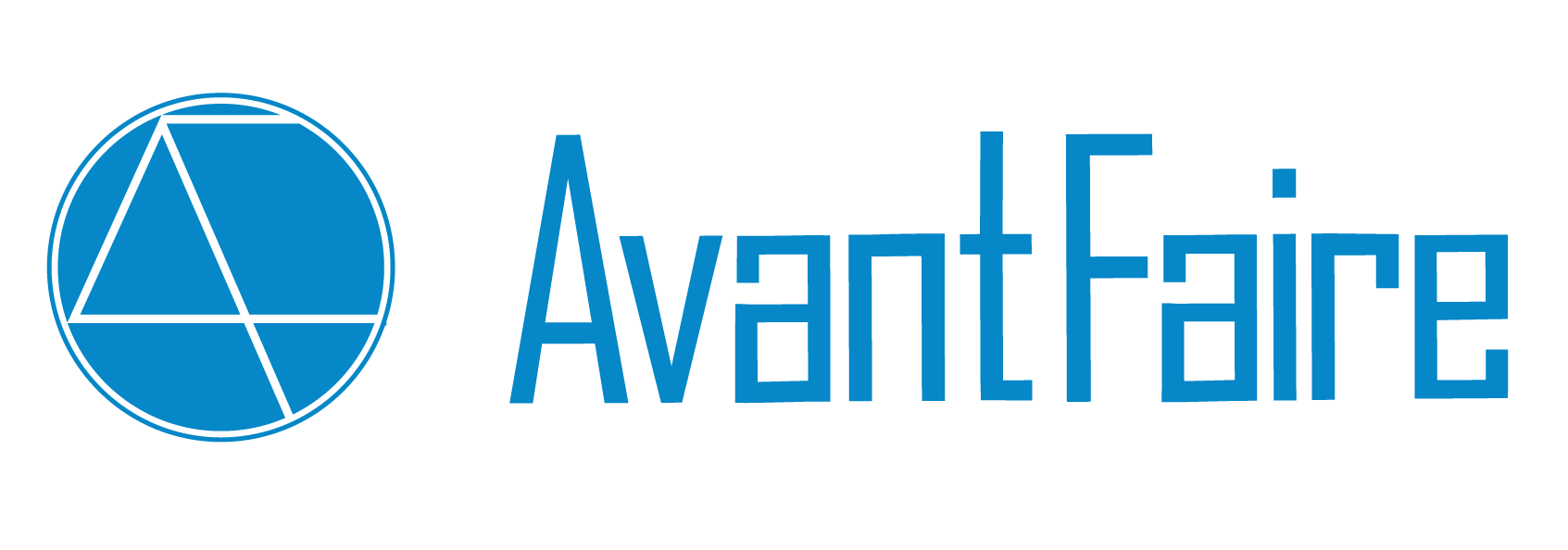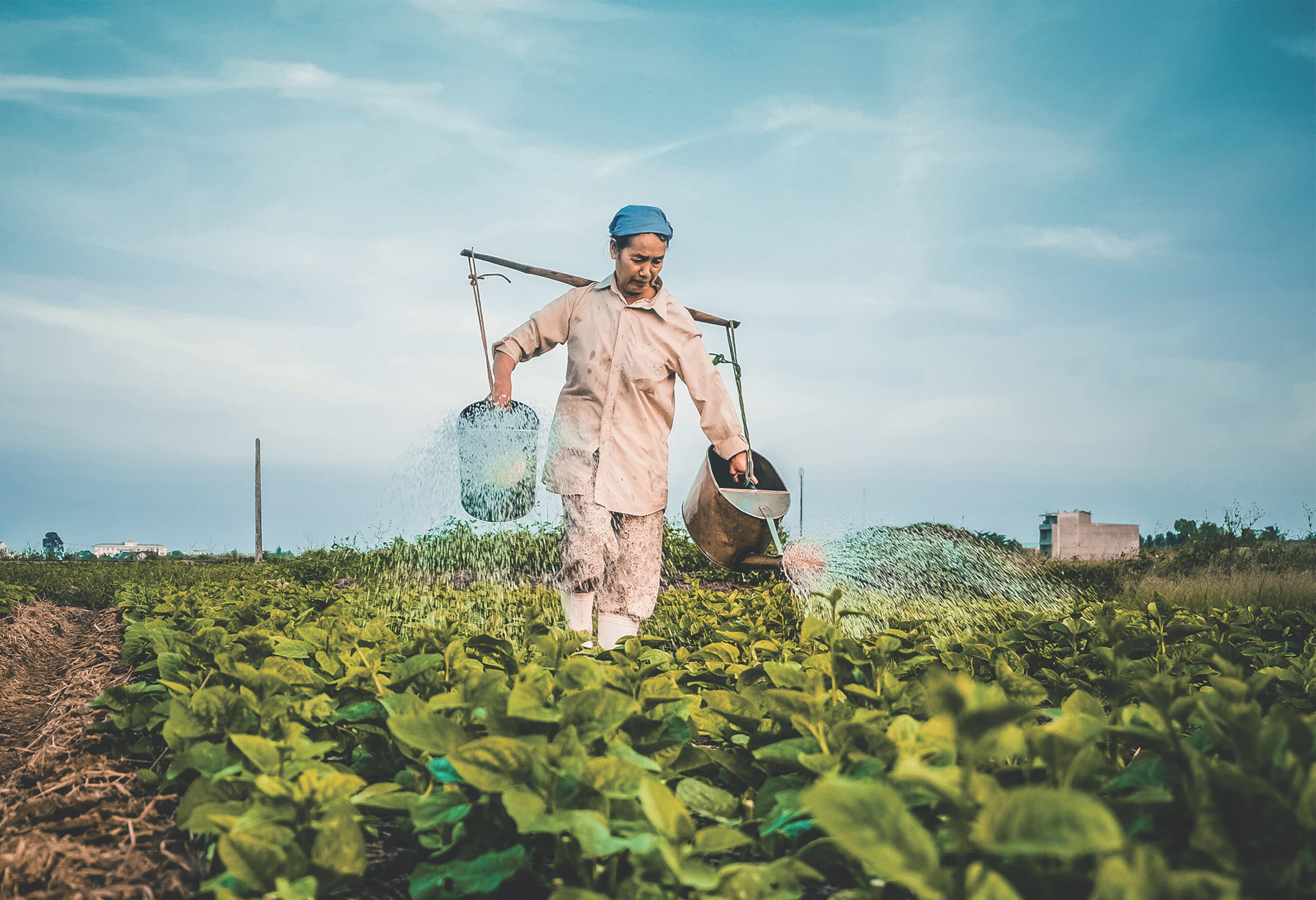Earlier in March we’ve discussed how COVID-19 pandemic has broken the global food supply chain and forced people to pay more attention to agriculture, especially local farming and indoor farming.
Catherine Chen, founder of AvantFaire Investment Management Ltd., thus produced a podcast episode with her peers Lucky Chen and Hank to look into the future of farming in China.
It was an inspiring discussion among three Millennials. Catherine brought insight from the food industry and the impact investing domain; Lucky had in-depth experiences with community supported agriculture (CSA); while Hank was born and raised in rural areas with a unique vision of farming live in the digital era.
Below are the highlights of this podcast episode, plus some extra thoughts from AvantFaire. You can also listen to the full episode in Mandarin here.
Knowledge + Technology = Productivity
Catherine quoted the data from the World Bank that there are 260 million small farmers in China by 2019; 230 million of them are contracted farmers. Farming is the way they make a living. A stable level of output and a stable income is all they wish for.
With the young generation pouring into big cities, it seems specialization, mechanization and automation are the only way to sustain the output of these farming production.
Speaking of specialization, Hank explained the concept of “State Farm”. Unlike small farmers, China State Farm (CSF) was established with vast state investment to undertake the mission of developing wasteland for cultivation. CSF has its advantage in agriculture, such as high centralization, large scale of production and sophisticated operation system.
According to Hank, State Farm would also share knowledge about the best timing for transplant and fertilization, so as to help small farmers enhance their productivities.
Hank mentioned it’s not unusual to see farmers using drone to spray pesticides now. Drone can be programmed to automatically calculate the route and frequency for spraying.
Hank said he would picture a future of ‘cyber farming’, where farming is like playing simulation games. Farmers can have more time to themselves.
Bring Farmers Closer to Consumers
Enhancing productivity is one consideration while turning output into income is a different story. Lucky shared her experience in Fukuoka, Japan, where she witnessed how community brought local small farmers closer to consumers.
Through WWOOF (Worldwide Opportunity on Organic Farms), Lucky got the chance to work for a small farm in Fukuoka back in 2014. The farmers hand-picked the leeks, got them washed and packed, put on price tags, and sent them to the local market. The whole process was done by the farmers themselves and got paid by the market once every month.
Alongside the leeks, there were other vegetables and fruits produced from other farms in the town. The farmers decided the prices for their own products. The consumers knew exactly who they’re buying from.
With the growing concern about food safety, direct purchase from local farms has become a major trend in big cities in China. Thanks to the sophistication of online shopping platform and logistic network, local farms can get closer to not only local consumers, but to all customers in the country.
Integrated Support Needed
During the discussion, the three Millennials agreed that in order to attract and retain young generation in their rural hometown, we need support from both the policy making side and the impact investing side.
From the policy making side, better supporting infrastructures need to be planned for the countryside. Upgrading transportation, medical and educational facilities can be the first step to bridge the gap between urban and rural areas.
Catherine, on the other hands, gave an example of how financial products provide insurance to farmers in South East Asia to cope with climate crisis. She reckoned that data accumulation and analysis are the foundation for making investment decisions which apply to farming related investment as well. There is also a need to channel innovative ideas and inspiring projects into the countryside to revitalize the local life.
Lucky introduced some best practice from Yamagata Design. This city planning company built boutique hotel alongside the farmland in Yamagata. The waste produced from the hotel were recycled as tools to be used in the local education program. Plastic cups, packaging papers, the cores of toilet paper are turned into creative handcrafts. The company also provides training for people who are now willing to come live in Yamagata and joining the local agriculture business.
Catherine concluded the episode by emphasizing that revitalization of the rural areas requires the investment to go together with policy making.
Epilogue
Catherine shared some exciting news from the local government of Zhejiang Province. The government is calling entries of innovative projects that can boost the local economy. The entries fall in to six categories which include projects that
- guarantee the supply of major agricultural products,
- develop agricultural infrastructures,
- strengthen agricultural industry chain,
- develop rural collaboration,
- modernize agricultural industry, and
- create agricultural technology innovations.
These topics are highly consistent with what have been mentioned in the podcast. It is a positive sign that we, as impact investors, share the same vision with the policy makers.
Our vision in farming tells how we are related to our food supply, homeland, and environment. The future of farming will surely affect the future of ourselves. And it’s time for us to create some impact in this respect.
Reference List
http://www.farmchina.org.cn/ShowArticles.php?url=DjJUMQlpADUENF4%2FU2YFaFUw
https://mp.weixin.qq.com/s/ta21n2dzyRvgxPakQljP8A
https://mp.weixin.qq.com/s/YKFk8UtR9dioJ7GzMPbZVA
.
.

